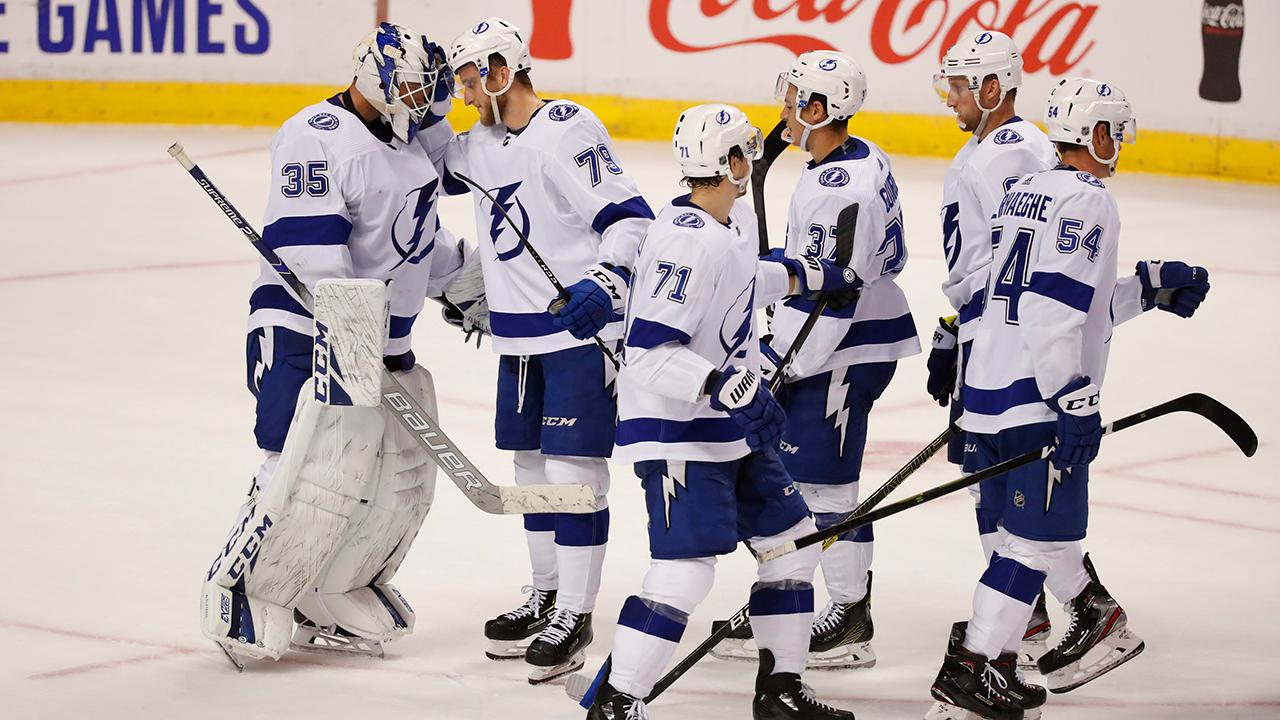Pittsburgh's jock tax triggers lawsuit from pro athletes, players associations
Current and former pro athletes are suing Pittsburgh over “jock taxes” it levies on visiting athletes, claiming the fees are discriminatory and violate both the state and U.S. constitutions.
Former Pittsburgh Penguin Scott Wilson, New Jersey Devil Kyle Palmieri and former MLB right fielder Jeff Francoeur – who played for the Atlanta Braves and New York Mets, among other franchises – have teamed up with the players associations of Major League Baseball, the National Hockey League and the National Football League to challenge the tax.
Pittsburgh charges non-residents a 3 percent earned income "usage fee" for publicly funded venues – including all three major sports arenas. Residents only pay 1 percent. So even a member of the Pittsburgh Penguins, for example, who does not live physically within the city is subject to the higher rate.
The plaintiffs argue that while it is considered a “fee” by Pittsburgh, it is – in effect – a tax.
ZION WILLIAMSON'S NBA SALARY AFTER TAX HIT
NBA FREE AGENCY: BEST PLAYER OPTIONS FOR LOW TAXES
NBA PLAYERS, PRO ATHLETES FACE MOUNTING TAX BILLS
There are typically two methods for calculating jock taxes: games played versus duty days. Duty days are calculated by dividing the number of days spent in the state or city (practices, games etc.) by the total number of duty days, and multiplying that number by yearly salary. The games played approach apportions the athlete’s salary to a state based on the ratio of games played in the state (or city) over the total number of games played.
Pittsburgh uses the games played approach as opposed to counting duty days for all professional sports teams, besides football.
Pennsylvania advocates for the duty days approach, which is another point contested in the lawsuit – that Pittsburgh should have to follow the state Department of Revenue's guidelines.
Visiting players receive a credit in their home state against the taxes paid to a state like California, but not those to the city of Pittsburgh.
The plaintiffs argue that the provision violates both the U.S. and state constitutions because the state constitution claims “all taxes shall be uniform,” which prohibits the city from taxing nonresidents at a higher rate than residents. A single group of individuals (i.e. professional athletes) is also not allowed to be singled out for higher taxes. The U.S. Constitution does not allow preferential tax treatment, nor does it allow a city to establish conditions on work that are more burdensome for nonresidents.
Palmieri who played four games in Pittsburgh in calendar year 2016 paid the city $1,902.43. He paid the city $4,705 for 2018 (he played 2 games in the city during the 2017-2018 season and one during the 2018-2019 regular season).
Wilson, a former member of the Pittsburgh Penguins, resided outside of the city and was forced to pay the 3 percent rate.
According to Pittsburgh’s operating budget for fiscal year 2018, facility usage fees are expected to generate $5.8 million in 2020.
But if the plaintiffs win the case, some players could be in for a refund.
“What they’re encouraging players to do is file a refund protection claim in case they win the lawsuit, they can get their money back,” Robert Raiola, director of the sports and entertainment group at PKF O'Connor Davies, told FOX Business. “All athletes should for ’16, ’17, ’18, ’19 [which is still underway].”
Similar situations have been addressed in Cleveland and Tennessee, Raiola noted. The Ohio Supreme Court determined that Cleveland’s jock tax was unconstitutional, unanimously ruling the city should base the tax on the number of days an athlete works per year, versus the number of games he or she played.
In Tennessee, a flat rate was applied to NHL and NBA players – but not NFL players.
Raiola thinks the players and associations have a good chance of winning the case based on what happened in Cleveland.




















